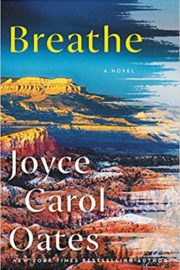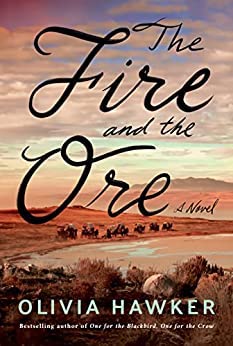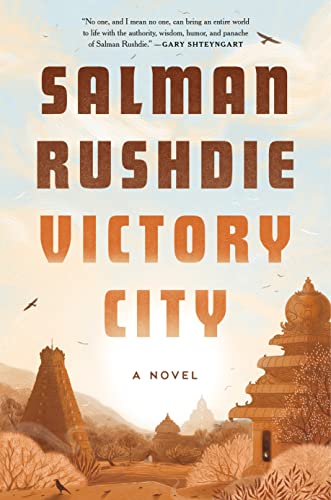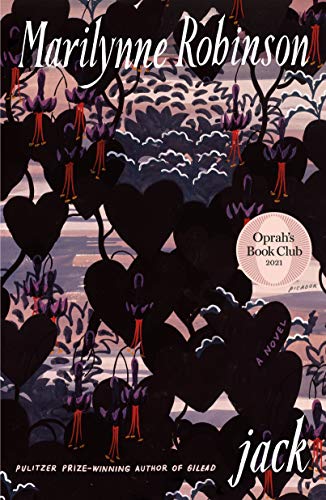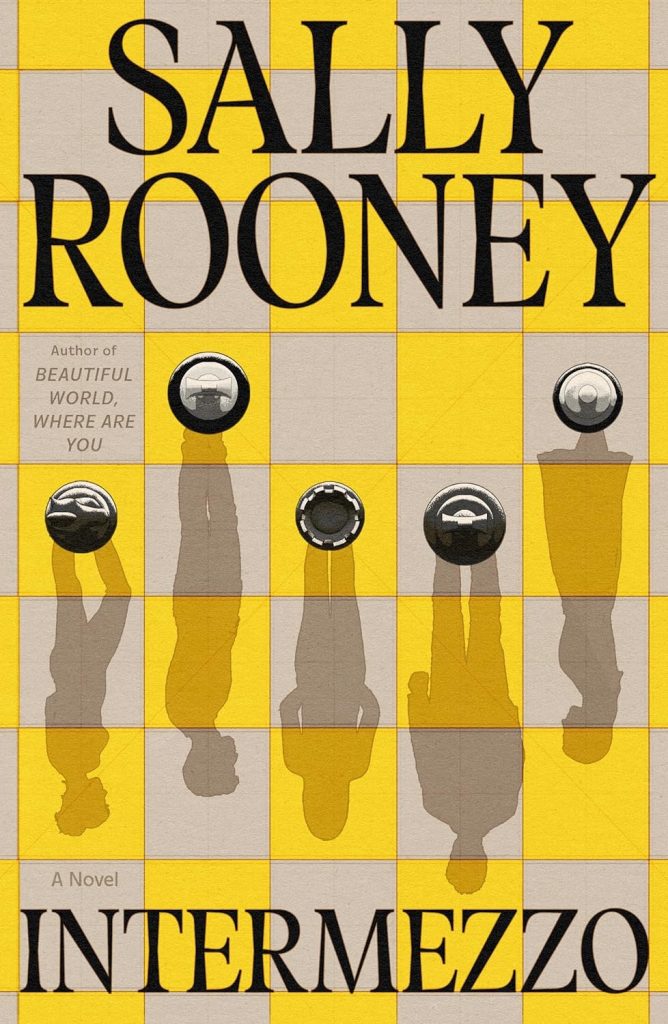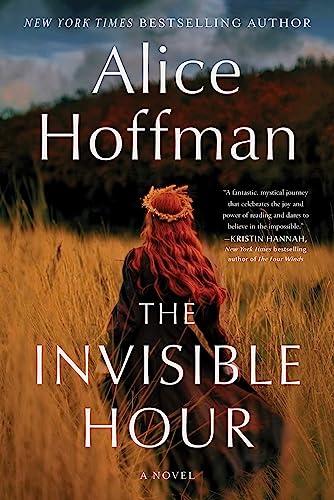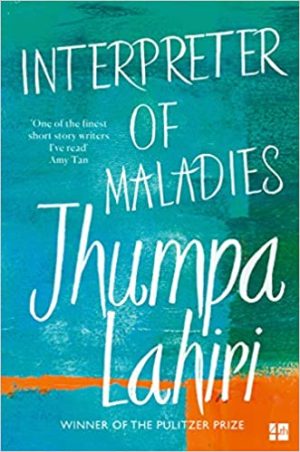Reading Breathe by Joyce Carol Oates was a book I knew I needed to read once Jan was diagnosed. Despite the possibility that the book would trigger negative memories, I finally read Breathe. It was what I needed to read at this point in my journey. Ms. Oates wrote the book in 2019 after her husband, Charlie Gross, died. The novel is a story of love, loss, and loneliness. These are topics that I write about on this blog.

Crying With Jan
Estimated reading time: 0 minutes, 52 seconds
During her illness, as well as now, I cry alone.
Sometimes I wish we could have a good cry together
Would it have helped us manage our fears? Or would it have frightened us?
Since Jan died twenty weeks ago, my tears have flowed like a flooded river.
At times it seems as if the downpour will never end.
But then the faucet shuts off, and I remember how much love.
The Jan Lilien Education Fund sponsors ongoing sustainability and environmental awareness programs. Gifts made this month; I will match dollar-for-dollar. All donations are tax-deductible.
I receive a commission when you buy a book or product using a link on this page. Thank you for supporting Sharing Jan’s Love blog.
